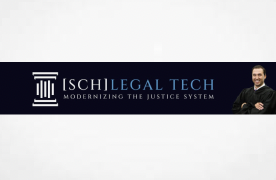As the legal profession rushes to adopt artificial intelligence, it’s essential to pause and consider a fundamental distinction: the difference between tools that enhance our thinking and those that might inadvertently replace it.
Legal writing transcends mere text production; it’s fundamentally about the intellectual journey of argument construction, weighing considerations, and developing reasoned positions.
Consider the implications when lawyers delegate the drafting of a legal argument to tools like ChatGPT. While the output may boast grammatical perfection and logical coherence, the AI often shapes the reasoning’s structure, emphasis, and flow at the expense of the lawyer’s tailored, case-specific analysis.
Conversely, tools like Apple Intelligence’s writing tools function as intelligent assistants, focusing on refining human-generated content. They enhance precision, tone, and clarity without dictating the argument’s substance.
Drawing parallels with digital note-taking devices, like the reMarkable or Skribe, illustrates another point. Some legal professionals prefer these minimalist tools because they offer just enough technology to aid writing without the distractions that can disrupt deep thought.
This ‘less is more’ approach could be particularly apt in legal practice, advocating for tools that respect and amplify the lawyer’s role as the chief architect of legal arguments.
Moreover, Apple’s approach offers practical benefits: local, encrypted processing ensures that sensitive legal documents remain confidential, safeguarding client trust and data security.
Yet the relationship between efficiency and depth deserves careful consideration. While maintaining human oversight is crucial, AI can significantly accelerate routine tasks and preliminary drafts, potentially allowing lawyers to dedicate more time to complex, nuanced work. The challenge lies not in choosing between human judgment and AI assistance, but in striking the right balance for different types of legal work.
read the full post




